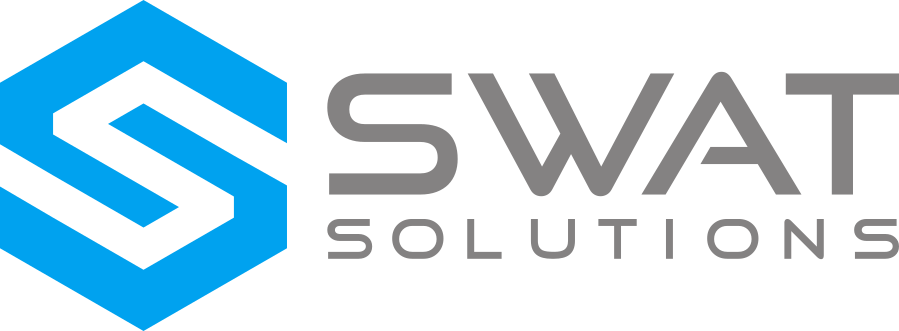Evolve Your Ecosystem
Leverage DevOps to change how you build, test, and deploy
Orchestrate
Automate custom-defined DevOps processes along with test automation to deliver quality software on-demand. Leverage tools such as AWS CloudFormation, TerraForm, Chef and more to create templates that orchestrate these processes into a single workflow.
Deploy
Provide secure, self-service capabilities to developers and testers to create environments, deploy Applications, run tests and perform Continuous Integration and Continuous Delivery.
Test/Monitor
Run automated regression tests at every deployment while continually adding to the regression each sprint. Monitor tests in real time for instant issue identification.
DevOps is changing the landscape of technology by empowering developers to move faster and improve quality.
What is DevOps?
Culture
DevOps is culture. It is about Dev (developers that build applications) and Ops (operators that support applications) together in a single minded group building and supporting the application properly from day 1 and working together as a team. This is a cultural shift in any organization that is founded on culture.
Automation
A critical component of DevOps, Automation reduces repetitive tasks, removes human error, and empowers teams to focus on high-level work and innovation.
Measurement
DevOps is about continuous feedback. Metrics include deployment frequency, system health, mean time to recovery, test automation results and much more. Informed teams are more efficient, productive, and happy.
Sharing
As an Agile team scales DevOps, it’s important to share knowledge about how DevOps works to the team, and distribute the culture and technology throughout the organizations. This starts with showing the value to the team with metrics, and ends with a well-informed and efficient DevOps centric team.

Why is it Important?
Quality
Quality takes time. Historically, testing costs and time were a barrier to ensuring quality. DevOps makes quality difficult to ignore and easy to justify with automation and monitoring.
Speed-to-Market
In today’s competitive marketplace, speed-to-market is more important than ever. Continuous deployment allows for quick builds, and getting to market before the competition.
Efficiency
DevOps leverages tools that allow for automation, reducing costs. On-demand environments allow for build-as-needed approach to infrastructure, making dollars and time more efficient than ever.
Key Components
Centralized Management
The orchestration tool provides centralized management of infrastructure, platform and applications. Everything described in one place.
.
Repeatability
Orchestration in Templates provide repeatability of Infrastructure Platforms and Applications.
Isolation
Each Deployment of Platform and Application runs in isolation independently ensuring no dependencies.
Parallelization
Perform as many deploys as need to support the development effort allowing the ability to test multiple environments at once along with other benefits.

DevOps Tools
Technical DevOps is about leveraging powerful tools that empower DevOps teams to orchestrate, Deploy, Test, and Monitor applications. Many tools exist in a variety of categories.
Develop
Leverage the power of collaboration tools like Git and Bitbucket to centralize code and continuously integrate code.
Test
Testing is more important than ever, and more scalable too. DevOps enables testing to be effective, efficient, and automated.
Log
Log, parse, stash, and more with powerful logging tools to inform the DevOps process.
Monitor
Monitor key performance metrics to maintain system and application health with many widely used tools.
Configuration Management
Configuration management tools such as Docker and Chef allow for the repeatability, centralized management, isolation, and parallelization.


